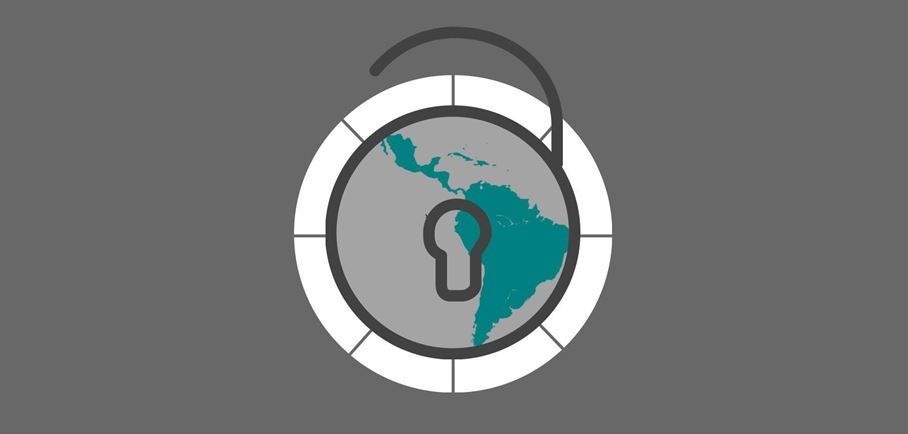Despite global commitments to and increasing enthusiasm for open data, little is actually known about its use and impact. What kinds of social and economic transformation has open data brought about, and what is its future potential? How—and under what circumstances—has it been most effective? How have open data practitioners mitigated risks and maximized social good?
The last few months – in collaboration with Omidyar Network – The GovLab has worked to address these shortcomings by developing 19 detailed open data case studies from around the world, including several from Latin America.
The GovLab recently launched a new custom-built repository, Open Data’s Impact featuring an initial batch of 10 case studies, as well as some UK-based stories developed by Becky Hogge who developed these as an independent researcher. The site will eventually house all the case studies, a paper articulating the key findings across the studies, and additional resources related to the impact of open data.
Current available case studies focus on the ways in which open data is:
a) improving government by helping to tackle corruption and increase transparency; and
b) empowering citizens to take control of their lives and demand change.
Across both areas, the following Latin American initiatives are providing clear and compelling evidence of impact.
1 Brazil’s Open Budget Transparency Portal
This is a good example of how open data can improve government. In 2004, the Brazilian Office of the Comptroller General (CGU) created the Transparency Portal, a tool that aims to increase fiscal transparency of the Brazilian Federal Government through open government budget data.
Developed in partnership with the Federal Data Processing Service, the Transparency Portal relies on the collaboration of diverse ministries and bodies of the Federal Public Administration to advance transparency and to offer a tool that stimulates citizen participation.
As the quality and quantity of data on the portal have improved over the past decade, the Transparency Portal is now one of the country’s primary anti-corruption tools, registering an average of 900,000 unique visitors each month. Local governments throughout Brazil and three other Latin American countries have modeled similar financial transparency initiatives after the Transparency Portal.
2 Mexico’s “Mejora Tu Escuela”
In Mexico, Mejora Tu Escuela is empowering citizens and improving their decisionmaking capacity around education. Founded by the Mexican Institute for Competitiveness (IMCO), with support from Omidyar Network and others, Mejora Tu Escuela is an online platform that provides citizens with information about school performance.
It helps parents choose the best option for their children, empowers them to demand higher-quality education, and gives them tools to get involved in their children’s schooling. It also provides school administrators, policymakers and NGOs with data to identify areas requiring improvement and hotbeds of corruption, in the process raising the overall quality of education in Mexico.
3 Uruguay’s “A tu Servicio”
Similarly, A Tu Servicio in Uruguay is empowering citizens to take greater control of their healthcare decisions. Every February, Uruguayan citizens are given the opportunity to choose whether to change or stay with their existing health care provider. In the country’s mixed public-private health care system, several factors come into play when making this decision: the location of the health provider, number of doctors and pediatricians available, hours open, etc.
An open data civil society organization called “Datos Abiertos, Transparencia y Acceso a la Inform. (DATA) Uruguay”, partnered with the Uruguayan Ministry of Health to create A Tu Servicio, a website providing easily digestible, searchable and visualized infographics based on open government health data. The Web platform allows users to select their location and then to compare local health care providers based on a wide range of parameters and indicators, such as facility type, medical specialty, care goals, wait times and patient rights.
The remaining case studies – focused on how open data is creating new opportunities for citizens and organizations, and how it is helping to solve big public problems – as well as the Key Findings paper will be released over the course of February and March.
Follow @thegovlab and #odimpact for more details.
By Andrew Young and Stefaan G. Verhulst, from the GovLab at New York University



Leave a Reply